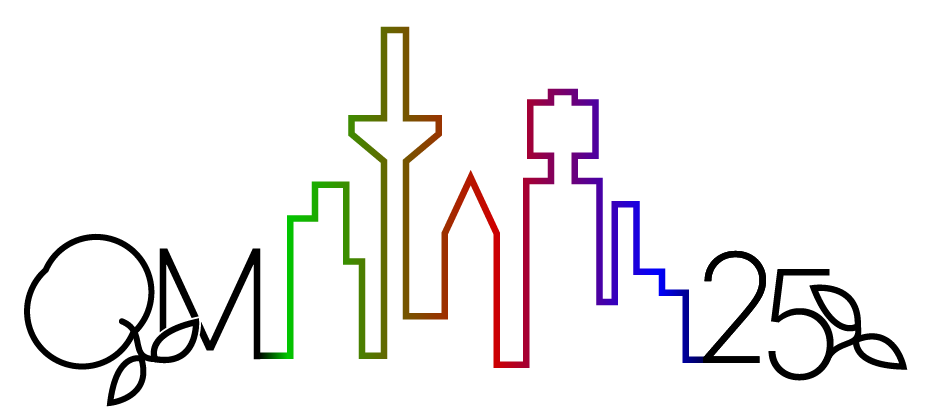Speaker
Description
Hybrid numerical models based on relativistic hydrodynamics have successfully described key aspects of the evolution of the hot and dense matter produced in ultra-relativistic heavy-ion collision experiments. At the end of the hydrodynamical stage, the continuous fluid degrees of freedom are translated to the discrete components of a hadron resonance gas described by kinetic theory. This process is based on the Cooper-Frye formalism and is typically called particlization. Viscous corrections to the Cooper-Frye formula are encoded in a linear correction to the equilibrium probability distribution function. Such corrections at particlization remain a major source of theoretical uncertainty in Bayesian inference of the QGP properties from heavy-ion data.
We introduce and evaluate viscous corrections based on the recently presented novel relaxation time approximation, designed to uphold conservation laws without relying on specific matching conditions or relaxation time parametrization. This new viscous correction also introduces a phenomenological parameter $\gamma$ related to the microscopic interactions between particles. We investigate the performance of this new correction in the particlization process and systematically compare it to traditional viscous corrections to demonstrate its effects and the $\gamma$ dependence on final state observables. The findings provide insights into the particlization process, advancing our understanding of how viscous corrections impact phenomenological analyses of anisotropic flow and hadronic chemistry and offering a pathway for more systematic models of heavy-ion collisions.
| Category | Theory |
|---|
